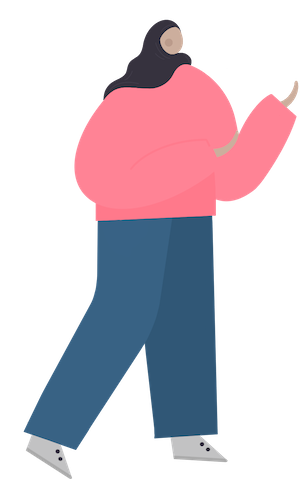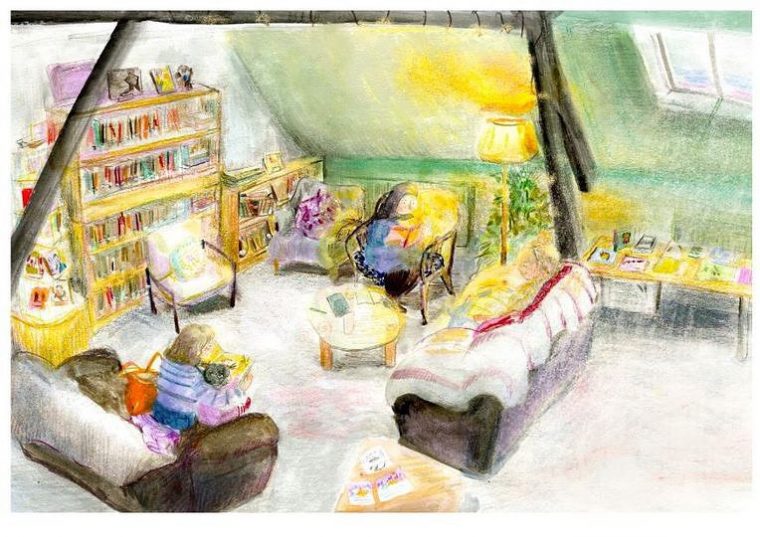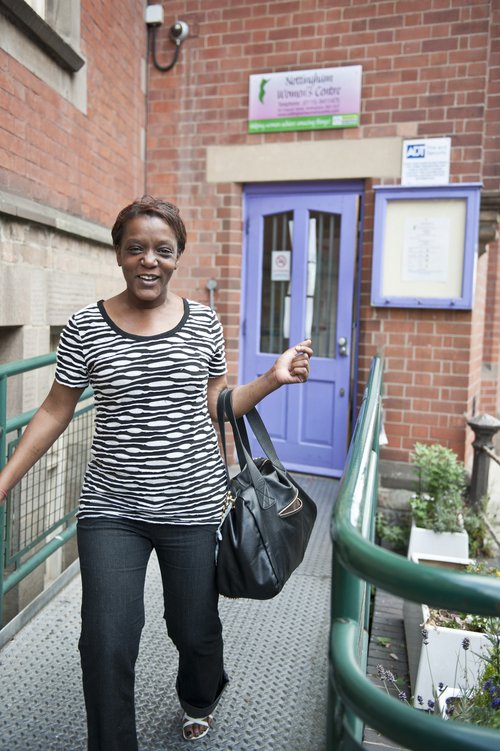Childcare in England is in crisis.
As our Summer 2021 Issues Paper noted, unaffordable childcare is driving women out of the workplace here in Nottingham. In fact, almost 75% of women we surveyed said the cost of childcare affects the amount they can work.
Off the back of our research, Nottingham City Councillor, Rebecca Langton endeavoured to support our call for policy change striving to make the situation better for parents at a local level. In late 2021, a full council motion was submitted under her name and the Council committed to work in partnership with us to provide employers with a toolkit for best practice on issues relating to inclusive recruitment and childcare as a barrier to accessing work. Here, you’ll find the final version of that very toolkit!

Recruiting inclusively
Inclusive recruitment gives employers the widest reach to a pool of talented candidates.
An employer’s ability to be flexible and inclusive of their employees’ life situations helps retain their best talent and saves on training costs for new starters. Childcare-friendly recruitment and employment practice is an excellent way to attract and retain the best talent.
Recruitment platforms should be designed to promote a culture of diversity and inclusion. This should be demonstrated in the use of words and questions asked. Recruitment processes that ask applicants of their child care responsibility without giving further reasons or explanations create uncertainty and could lead to hesitation or withdrawal of applicants who have childcare responsibilities.
Benefits of employing inclusively
Improves Productivity
Studies show that diverse workplaces are creative and productive.
Fosters Loyalty
Paid maternity or paternity leave signals a flexible attitude to the challenges of life, fosters loyalty, and aids staff retention.
Boosts Staff Retention
Paid maternity and paternity leave also makes organisations more appealing to an increasingly diverse workforce, making it easier to retain good, loyal staff.
Talent Attraction
By offering enhanced parental leave, companies are able to attract prospective employees who want to build a career with a company that will support them.
Boosts Staff Morale
Studies have shown that family-friendly policies and practices have a positive impact on morale. Positive and engaged staff are important indicators in overall organisational performance.
What companies need to offer
Flexible working
Flexible working enables employees to have good work life balance, whilst working efficiently. Employers are encouraged to adopt flexible working options e.g. term-time working; compressed hours, job share split shifts, annualised hours, breaks for school run, TOIL, remote or hybrid working options.
Holidays
Employers are encouraged to offer flexible holiday arrangements. Holidays claimable in hours (not days) across the year work best. Flexible holiday arrangements enable parents/carers to cater for and plan towards any childcare need, particularly because childcare services are often charged in hours.
Emergency holiday
This should be made available where possible. Employers are encouraged to adopt a carry over, buy or sell annual leave policy scheme. This increases flexibility and enables parents/carers to respond to medical emergencies.
Paternity Leave
Paternity leave helps share childcare responsibility between parents/carers enabling better engagement with work.
Policies and resources
Employers are advised to provide and implement childcare policies within the workplace. Childcare policies should contain information and guidance on childcare support available. Human Resources (HR) staff should be regularly trained in dealing with requests by employees relating to childcare. They should be equipped to signpost employees to the Families Information Services (FIS) for advice on a variety of services available to parents, family life and childcare. Recruitment processes for new employees should include details of childcare funding support and services available. Large employers are encouraged to provide onsite nurseries and childcare vouchers for employees.
If steps have been made to make the workplace more inclusive of those with childcare responsibilities, this should be included in the job posting. The use of phrases such as “family friendly”, “employee nursery provided”, and “childcare concessions can be arranged” will attract a wider demographic to your vacancy.

This guide was created by Nottingham Women’s Centre and Nottingham City Council. Download a pdf version here.





